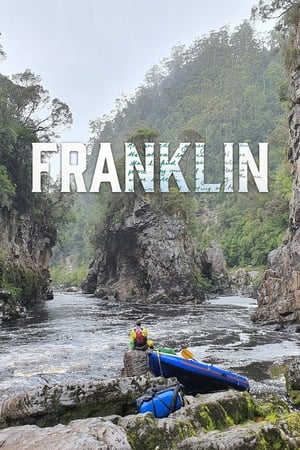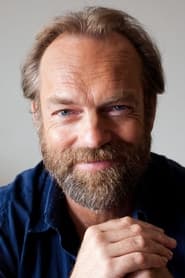
Franklin(2022)
A journey to the past. A quest for the future.
Eighth-generation Tasmanian and environmentalist Oliver Cassidy embarks on a life-changing solo rafting trip down the beautiful yet remote Franklin River. His goal is to retrace his late father’s 14-day expedition to attend the blockade that helped save the World-Heritage listed national park from being destroyed by a huge hydroelectric dam project in the early 1980s.
Movie: Franklin
Top 3 Billed Cast
Similar Movies
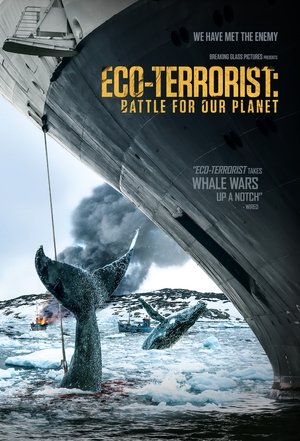 0.0
0.0Eco-Terrorist: Battle for Our Planet(en)
Eco-Terrorist: The Battle for Our Planet follows the most wanted environmentalist today, Captain Paul Watson. In this unique and groundbreaking film, Brown takes a deeper look into what really goes on behind the scenes in the deep waters of our world. More pranks, the glory of successful missions, and fiercer encounters with some of the most infamous and illegal marine hunters, while stopping at nothing to protect wildlife on a global scale. The film takes the audience right to the frontlines of the modern day environmental movement via those who started it.
Wrenched(en)
Activist/author Edward Abbey's legacy lives on in his best-selling books and now in director ML Lincoln's lively documentary. Lincoln pays tribute to Abbey and the environmental movement he inspired, reenacting his "monkeywrenching," and interviewing notable eco-warriors and present-day activists.
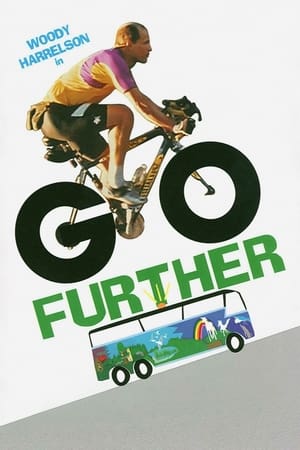 6.0
6.0Go Further(en)
"Go Further" explores the idea that the single individual is the key to large-scale transformational change. The film follows actor Woody Harrelson as he takes a small group of friends on a bio-fueled bus-ride down the Pacific Coast Highway. Their goal? To show the people they encounter that there are viable alternatives.
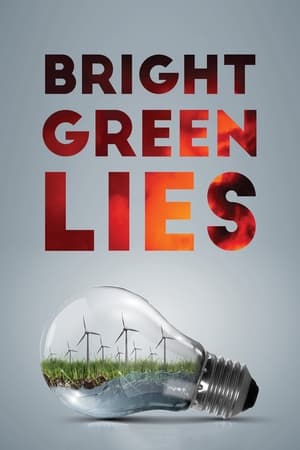 5.8
5.8Bright Green Lies(en)
Bright Green Lies investigates the change in focus of the mainstream environmental movement, from its original concern with protecting nature, to its current obsession with powering an unsustainable way of life. The film exposes the lies behind the notion that solar, wind, hydro, biomass, or green consumerism will save the planet. Tackling the most pressing issues of our time will require us to look beyond the mainstream technological solutions and ask deeper questions about what needs to change.
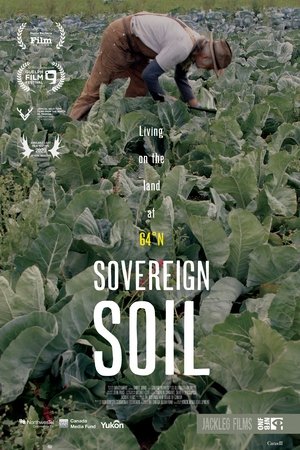 7.0
7.0Sovereign Soil(en)
Built on a layer of frozen earth, Dawson City, Yukon, Canada has subarctic winters where temperatures routinely drop below −40°C. Meet the four season food producers who engage in small-scale agriculture, and those who support their back-to-the-land movement. These resilient unassuming farmers have carved out small patches of fertile soil, in an otherwise unforgiving expanse of isolated wilderness, to make a living and a life.
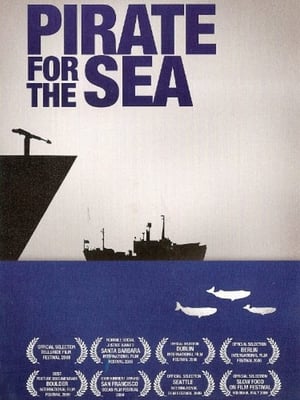 5.0
5.0Pirate for the Sea(en)
A documentary on Paul Watson, who takes the law into his own hands on the open seas, confronting, by any nonviolent means necessary, the hunters who indiscriminately slaughter whales, seals and sharks, along with complicit governments and environmental organizations. Written by Anonymous "Pirate for the Sea" is a biographical film of Captain Paul Watson, the youngest founding member of Greenpeace Canada. He organized early campaigns protesting the killing of seals, whales, and dolphins. Greenpeace ejected him for being too much of an activist. Starting his own organization, the Sea Shepherd Conservation Society, he went on to sink illegal whaling ships, stopped Canadian seal hunts for ten years, permanently halted sealing in British Isles, killing of dolphins on Iki Island, Japan, etc. This documentary witnesses his latest campaigns and explores the personal and environmental history of this controversial marine conservationist. Written by R.C.
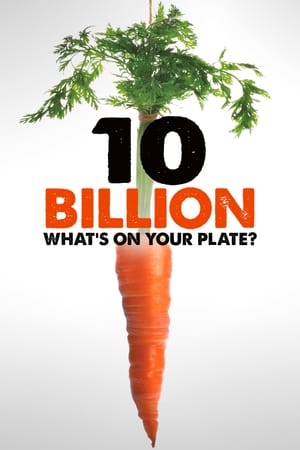 6.8
6.810 Billion: What's On Your Plate(de)
How can we best meet every earth citizens need for healthy food facing our limited resources? Regarding the almost 10 billion humans living on earth by 2050, we have to decide now how we want to shape the future of agriculture.
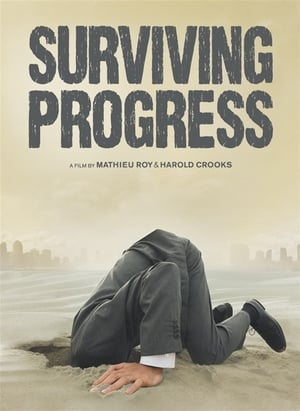 7.3
7.3Surviving Progress(en)
Humanity’s ascent is often measured by the speed of progress. But what if progress is actually spiraling us downwards, towards collapse? Ronald Wright, whose best-seller, “A Short History Of Progress” inspired “Surviving Progress”, shows how past civilizations were destroyed by “progress traps”—alluring technologies and belief systems that serve immediate needs, but ransom the future. As pressure on the world’s resources accelerates and financial elites bankrupt nations, can our globally-entwined civilization escape a final, catastrophic progress trap? With potent images and illuminating insights from thinkers who have probed our genes, our brains, and our social behaviour, this requiem to progress-as-usual also poses a challenge: to prove that making apes smarter isn’t an evolutionary dead-end.
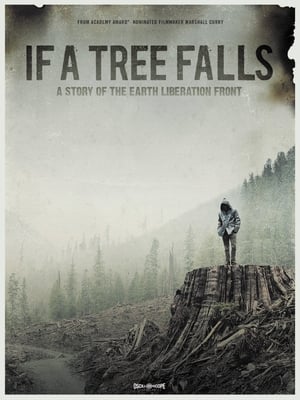 6.5
6.5If a Tree Falls: A Story of the Earth Liberation Front(en)
Filmmaker Marshall Curry explores the inner workings of the Earth Liberation Front, a revolutionary movement devoted to crippling facilities involved in deforestation, while simultaneously offering a profile of Oregon ELF member Daniel McGowan, who was brought up on terrorism charges for his involvement with the radical group.
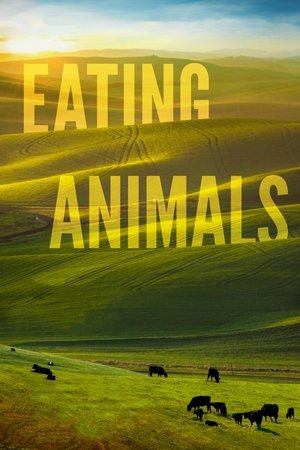 6.7
6.7Eating Animals(en)
An examination of our dietary choices and the food we put in our bodies.
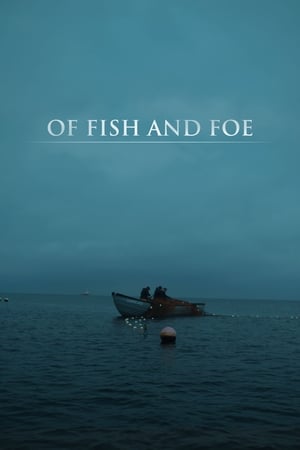 4.0
4.0Of Fish and Foe(en)
The Pullars are the last family using traditional methods to fish for wild Atlantic salmon off the coast of Scotland. When these include killing seals, the salmon’s natural predators, conflict erupts. Animal activist groups Sea Shepherd and Hunt Saboteurs oppose the Pullars at every turn, despite the legality of the fishermen’s actions and the consequences to their livelihood. Challenging preconceptions, this ambiguous doc puts modern environmentalism under the microscope.
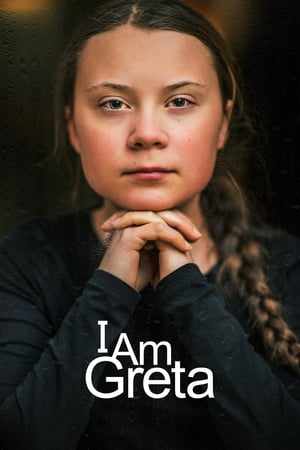 5.8
5.8I Am Greta(sv)
Greta Thunberg, a 15-year-old student in Sweden, started a school strike for the climate as her question for adults was, if you don’t care about my future on earth, why should I care about my future in school? Within months, her strike evolved into a global movement as the quiet teenage girl on the autism spectrum becomes a world-famous activist.
 4.0
4.0The Weather Diaries(en)
The flying foxes that soar across Sydney each evening face many challenges: impacted by heatwaves, evicted from urban parklands, struggling to survive an ongoing loss of habitat. Bat carers save a handful here and there, and ecologists document their struggles, as threats escalate. Filmed over six years, The Weather Diaries reaches its climax in 2020, as temperatures soar, bushfires rage, and flying fox pups die in record numbers. Drayton ruminates on our failure to value these essential pollinators and the forests they sustain, and reflects on the implications for her daughter Imogen, a girl long inspired by Studio Ghibli’s Princess Mononoke, who’s emerging from the classical confines of the Conservatorium High School to embark on a career as an electronic pop artist.
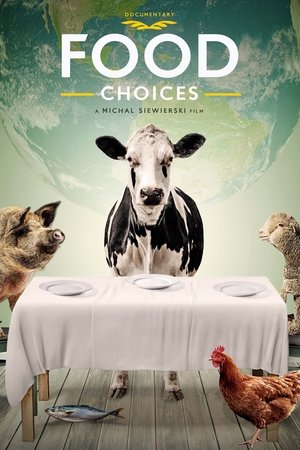 7.1
7.1Food Choices(en)
This documentary explores the impact that food choices have on people's health, the health of our planet and on the lives of other living species. And also discusses several misconceptions about food and diet.
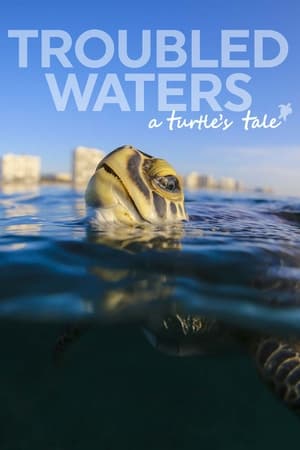 0.0
0.0Troubled Waters: A Turtle's Tale(en)
Exploring the impact of human behavior on our environment from the perspective of one of South Florida's most beloved and fragile underwater creatures: the sea turtle. A critical look at the effects of global warming, water pollution, and our "throw-away" plastic lifestyle on this keystone species...and inevitably ourselves.
 0.0
0.0Mauri(en)
Mauri (life principle, life force, vital essence inherent in all living things) The film is an intimate, visually stunning testament to a land and a people who have survived removal, exploitation and colonization — and to the healing ways that are part of the Māori ancestral knowledge. It juxtaposes the enduring trauma of colonialism with the resilience offered through Māori ancestral healing traditions.
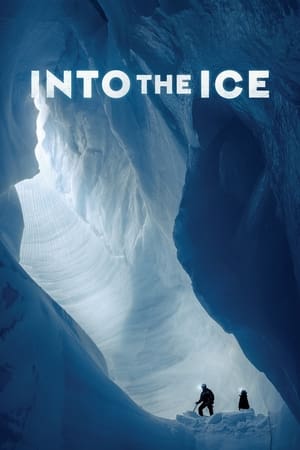 7.4
7.4Into the Ice(da)
In the Greenland ice sheet we can see our future. The film travels with three pioneering glaciologist on their expeditions INTO the inland ice of Greenland. Top-notch science meets breathtaking visuals when one of them descends into a 200 meter deep moulin hole to find out about the bottom of the ice sheet. What they find may sound the alarm for our planet's climate and is a clear call to act now.
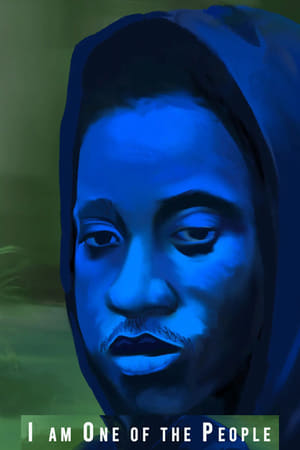 7.0
7.0I Am One of the People(en)
Harmful chemicals are disproportionately affecting Black communities in Southern Louisiana along the Mississippi River. I am One of the People is an experimental short film exposing the environmental racism of “Cancer Alley.”
 6.7
6.7An Inconvenient Sequel: Truth to Power(en)
A decade after An Inconvenient Truth brought climate change into the heart of popular culture comes the riveting and rousing follow-up that shows just how close we are to a real energy revolution. Vice President Al Gore continues his tireless fight, traveling around the world training an army of climate champions and influencing international climate policy. Cameras follow him behind the scenes—in moments private and public, funny and poignant—as he pursues the empowering notion that while the stakes have never been higher, the perils of climate change can be overcome with human ingenuity and passion.
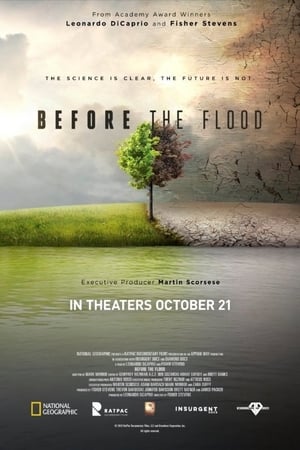 7.7
7.7Before the Flood(en)
A look at how climate change affects our environment and what society can do to prevent the demise of endangered species, ecosystems, and native communities across the planet.
